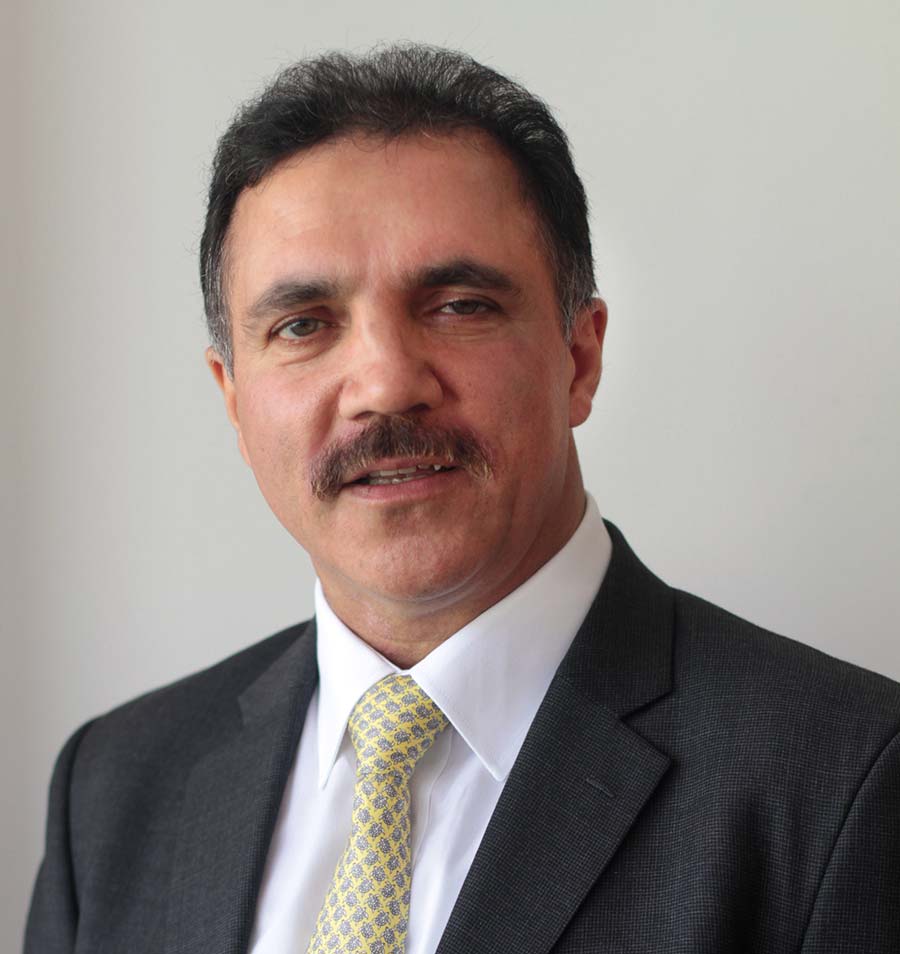For a long time, the State Human Rights Commission (SHRC) has been termed a toothless tiger. There has not been any serious effort to give the Commission any biting power.
The status of the Commission continues to be only recommendatory, and it still awaits required staff and infrastructure. Despite these limitations, the SHRC has started biting the system. After passing its verdict on the unmarked graves issue, it made a decision on the tragic mass rapes in KunanPoshpora way back in the winter of 1991.
 The credit for making the SHRC so active that it creeps almost daily on the front pages of the newspapers must go to its chairman Justice (retired) Syed Bashir-ud-Din Ahmad.
The credit for making the SHRC so active that it creeps almost daily on the front pages of the newspapers must go to its chairman Justice (retired) Syed Bashir-ud-Din Ahmad.
Last week, a division bench of SHRC comprising of Justice (retd) Bashiruddin and Javaid Kawoosa asked the state government to constitute a Special Investigation Team (SIT) and reinvestigate the alleged mass gang rape women by soldiers. It also recommended the then Director Prosecution who had overstepped his brief andhad sought closure of the case on the plea that the “perpetrators were untraceable”.
The decision came in a 17-page verdict that clubbed six petitions pending disposal before the commission, the first one lodged on November 10, 2004.
The Kunan rapes have been one of the major tragic incidents of Kashmir that still haunts the population. It marked the beginning of a trend that substantiated the argument that soldiers use rape as a weapon of war.
The tragedy was reported during the intervening night of February 23 and 24 in 1991 when Raj Rifles cordoned off the hamlet for searches. Males were taken to an isolated place for torture and women were allegedly raped irrespective of age and state of health. As the news trekked out of a snowbound village, it triggered a crisis and a global condemnation. Officials who initially reported the incident were shifted out from Kupwara.
Later, the army requested the Press Council of India to investigate the incident. Its three-member team visited Kashmir in June that year. The team spent a day in the village, the local garrisons and with the civil administration and passed a judgment, condemning Kashmiri people, victims and the media.
It concluded the charges against the army were “well-concocted bundle of fabricated lies” and “a massive hoax orchestrated by militant groups and their sympathizers and mentors in Kashmir and abroad”. A state government headed by the Governor published the verdict in a book that was gifted as a souvenir to almost every VIP and reporter that visited Kashmir to assess the situation or report the happenings.
Now, all of a sudden, SHRC is relevant and vibrant.















